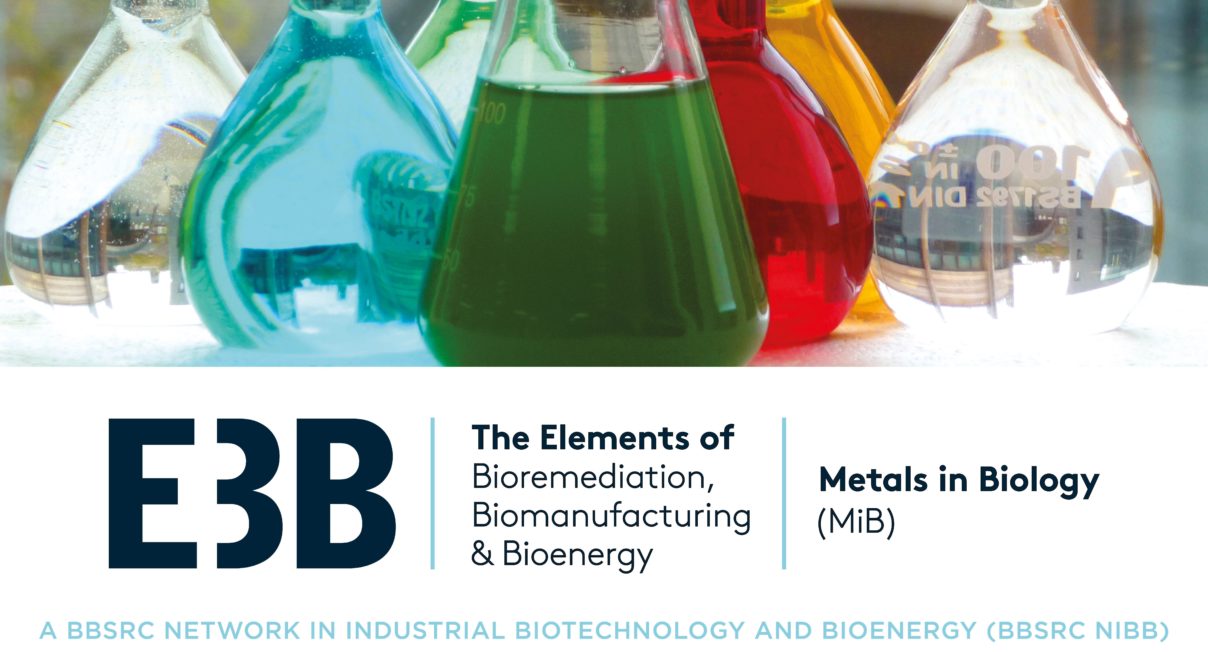Will UK mining drive a green revolution?
By Rebecca Morelle
Science correspondent, BBC News
The rapid growth of renewable energy and electric vehicles means the demand for the minerals they rely on is set to soar. By 2030, the world could need half as much tin again, and for lithium the increase is a massive 500% by 2050 according to the World Bank. With battery production set to start in the UK, could the answer to their supply lie in the rocks of Cornwall?
Bumping around in the back of a truck, we descend underground. Just the headlights guide our way into the gloomy tunnels ahead. We’re heading into South Crofty mine in Cornwall, where copper and tin have been excavated for hundreds of years.
“This tunnel, we believe, is Elizabethan, so it dates back to the 1500s,” says Richard Williams, CEO of Cornish Metals, as we enter one of the oldest parts of the site. But access is limited. Much of the mine flooded after South Crofty shut in 1998. Now though, it may open again. With the growth of renewable energy and electric vehicles, demand for some minerals is soaring.
“Next-generation solar panels use a compound called tin perovskite; anything with an electric connection, a circuit board has tin in it,” explains Mr Williams.
“We’d be contributing to the UK’s objective of meeting its carbon neutral target by 2050. And to have that domestic supply on your doorstep, it makes sense to see this mine put back into production.”
The rocks of this region hold a metal of great interest, too. Lithium was discovered in Cornwall about 150 years ago, but back then there was little need for it.
It’s a very different story today. Lithium is the main component of the batteries that electric cars use. And with the UK’s ban on the sale of new diesel and petrol cars that comes into force in 2030, we will need more and more of it.
Half an hour away, we head to a site extracting the metal. It’s about as different as it gets from a deep, dusty mine. On the edge of an industrial estate, a small borehole has been drilled that reaches about a kilometre beneath the ground.
“Down there are geothermal waters that are circulating naturally within fractures in the rock,” explains Lucy Crane, the chief geologist at Cornish Lithium.
The lithium from the rocks seeps into this underground water, and the brine is pumped back up to the surface.The company has just started testing different technologies to extract the metal. The idea is to draw out the lithium and then, once it’s removed, inject the water back underground so the process can be repeated.
The energy used to power this process will be from a renewable source – the natural heat from the deep rocks can be converted into electricity, making the process carbon-neutral.
“If we’re going to be producing these metals to go into low-carbon technologies, then it’s so important that we extract them as responsibly as possible,” Lucy Crane tells me.
Currently, lithium is either mined directly from rocks in Australia or taken from salt lakes in South America. But Cornish Lithium thinks it could eventually supply about a third of the UK’s future lithium needs.
“The UK’s demand for lithium is going to be about 75,000 tonnes of lithium carbonate from 2035,” explains Jeremy Wrathall the founder and CEO of Cornish Lithium.
“To put it into perspective, that’s about a fifth of total global supply right now. So the UK is going to really need a lot of this stuff.”
The World Bank estimates that globally the production of lithium will need to increase by 500% by 2050. Other products essential to the green economy, such as graphite and cobalt, will need a similar boost in supply.
“The irony of the green revolution is that we – at least for the medium to short term – need a supply of new metals mined out of the ground,” says Prof Richard Herrington, head of earth sciences at London’s Natural History Museum.
He believes an urgent conversation is needed to assess where and how these minerals are extracted. “Ideally, we should work towards a circular economy where we just recycle the metals we use. But at this moment in time, we can’t do that. It’s just that the growth is too fast, it’s too rapid.
“And to hit the target of net zero, we need those technologies now, so I think it’s inevitable we will continue mining.”
But mining in the future will have to be different, to minimise and repair any environmental damage. “What we really need to do is make sure that mining can be done in a sustainable way, so that the legacy isn’t a scarred landscape, isn’t something that is causing problems for the population and for the ecosystem.”
A green revolution is pointless, Prof Herrington argues, unless the planet is protected in the process.
